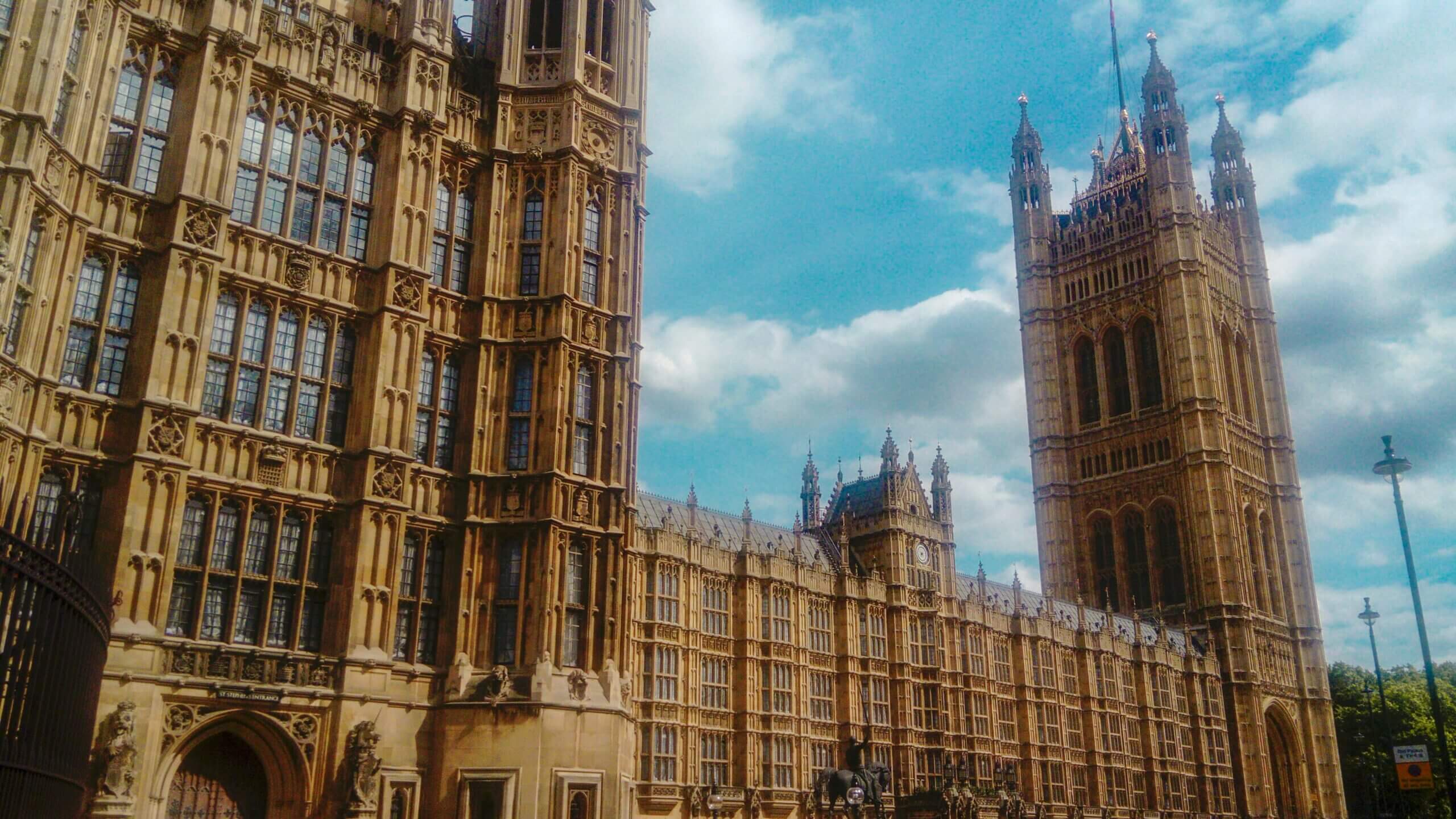The Labour Party’s policies typically reflect a focus on increasing public spending, enhancing workers’ rights, and promoting social equality. With a new Labour government there are many unknowns for business, particularly with the manifesto being non-committal on a number of key areas. Although we’ll have to wait and see what Sir Kier Starmer’s government does in reality when it comes to British businesses, here’s some areas to consider.
Economic Policy and Taxation
Labour governments traditionally advocate for increased public spending to stimulate the economy. This could mean higher investment in infrastructure, education, and healthcare, potentially creating opportunities for businesses in these sectors. However, to fund these expenditures, Labour may increase taxes, particularly targeting corporations and high-income individuals.
- Corporate Tax Rates: Businesses could see a rise in corporate tax rates. Under previous Labour proposals, there has been discussion of increasing the corporation tax rate to 26%, although Labour claim to intend to retain the current ‘headline rate’ of 25%.
- Business Rates: Labour has often criticised the current business rates system and suggested reforms to make it more equitable, possibly easing the burden on smaller businesses while increasing it on larger ones. Labour have indicated a reform to the business rates system.
- Income Tax and Dividends: Higher income taxes for top earners could impact high-earning business owners and executives. Similarly, changes to the taxation of dividends could affect shareholder returns – despite a general claim from Labour that they do not intend to increase taxes on “working people”.
Regulatory Environment
Labour’s emphasis on worker rights and environmental sustainability suggests a more stringent regulatory environment. Businesses may need to adapt to new regulations aimed at promoting labour practices and reducing environmental impact.
- Employment Laws: Labour is likely to introduce stricter employment laws, including higher minimum wages, improved working conditions, and greater protections for gig economy workers. Businesses may face increased labour costs and need to ensure compliance with enhanced regulations.
- Environmental Regulations: With a strong focus on tackling climate change, Labour could introduce more robust environmental standards and targets. Businesses, especially those in industrial areas such as manufacturing and energy-intensive industries, may need to invest in cleaner technologies and practices.
Public Sector and Industry Support
Labour’s policy framework often includes substantial support for the public sector and specific industries deemed critical for national development, such as green technology, housing, and transport.
- Green Economy: Businesses involved in renewable energy, electric vehicles, and sustainable construction may benefit from increased government support and investment. Labour’s Green Deal could lead to significant funding and incentives for businesses adopting green technologies.
- Public Procurement: A Labour government might prioritise domestic businesses in public procurement contracts, potentially boosting local enterprises but also possibly limiting opportunities for international companies.
- Housing: With plans to build more affordable housing, the construction sector could see a surge in demand. This might also extend to related industries such as manufacturing and raw materials.
Trade and International Relations
Labour’s approach to trade and international relations can influence businesses, especially those with significant import/export operations.
- Brexit and Trade Deals: Labour’s stance on Brexit has been to seek closer ties with the EU. This could mean more stable and predictable trade relations with Europe, benefiting businesses reliant on European markets. However, changes to trade deals and tariffs may also occur, impacting supply chains and costs.
- Foreign Investment: Labour may adopt policies to scrutinise foreign investment more closely, particularly in critical infrastructure and technology sectors. Businesses may need to navigate new regulations and approval processes for foreign investments and mergers.
Financial Sector
The financial sector could face specific challenges and opportunities under a Labour government.
- Banking and Financial Services: Labour may impose stricter regulations on banks and financial institutions, aimed at increasing transparency and reducing systemic risks. While this could enhance financial stability, it might also increase compliance costs for businesses in this sector.
- Investment and Lending: Labour’s policies might include measures to encourage lending to small and medium-sized enterprises (SMEs) and socially beneficial projects. This could lead to greater access to finance for smaller businesses and startups.
Preparing for Change
The Labour win in the general election will likely bring significant changes to the business environment in the UK. While some sectors may benefit from increased public spending and support, others might face higher taxes and stricter regulations.
Sir Kier Starmer has indicated that he wants to support and work with businesses, the extent to which will become clear as Labour forms the government and changes start coming to light.



